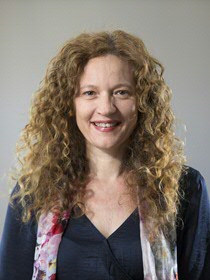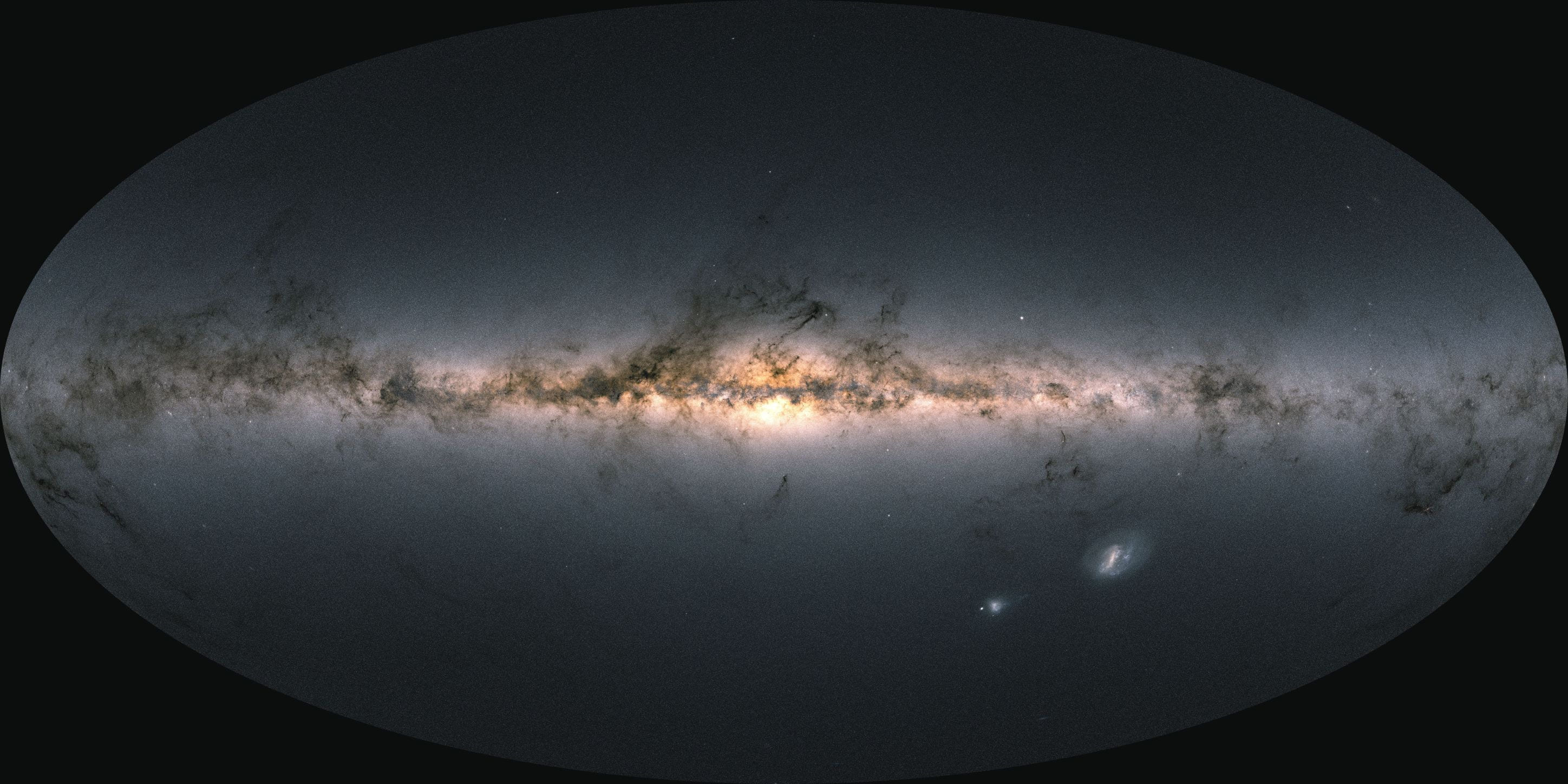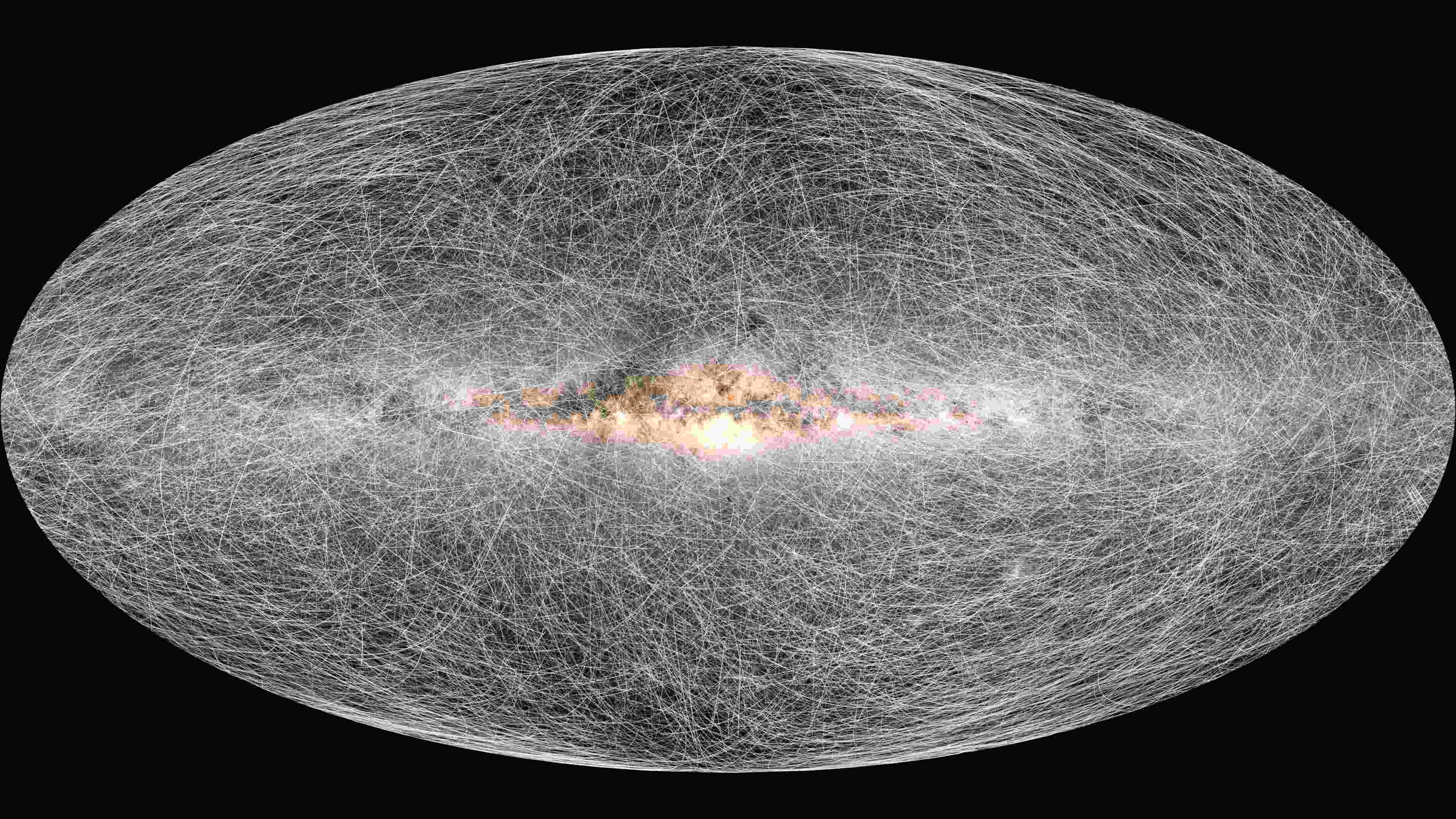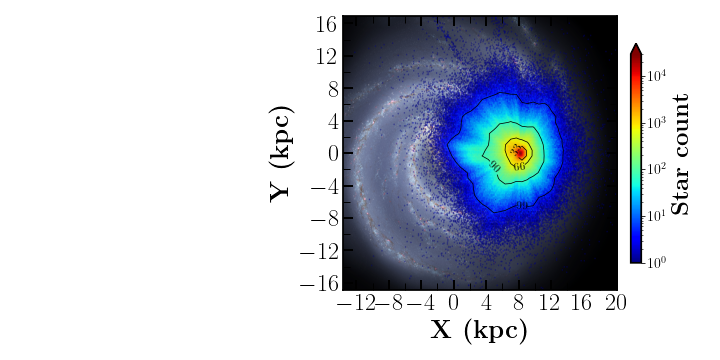Amina Helmi en haar team opnieuw betrokken bij nieuwste data Release van Gaia-missie
De European Space Agency (ESA) publiceerde vandaag de derde data release van de Gaia-missie. De Gaia-satelliet maakt de nauwkeurigste en compleetste multidimensionale kaart van de Melkweg en de gegevens worden met de release openbaar gemaakt voor iedereen. Amina Helmi, hoogleraar aan het Kapteyn Astronomical Institute en wetenschappelijk directeur van NOVA, heeft het afgelopen jaar met behulp van geavanceerde statistieke methodes de data doorgrondig geïnspecteerd om te kijken of de metingen kwalitatief voldoende waren voor wetenschappelijk gebruik.
De derde en nieuwste dataset van de Gaia-missie bevat nieuwe en verbeterde details van bijna twee miljard objecten in onze Melkweg. Met de gegevens van de Gaia-missie kunnen sterrenkundigen van over de hele wereld de evolutie van ons eigen sterrenstelsel over miljarden jaren reconstrueren en de levenscyclus van sterren en onze plaats in het heelal beter begrijpen.

Helmi al lang betrokken bij Gaia
Helmi is al zo’n twintig jaar betrokken bij Gaia. Ze heeft meegedacht over het ontwerp van de missie voordat deze in 2000 is goedgekeurd door de ESA en daarna bleef ze betrokken bij de bouw van de satelliet, die uiteindelijk in 2013 is gelanceerd. Nu heeft ze de unieke positie dat zij, samen met enkele andere sterrenkundigen, de gegevens op kwaliteit heeft mogen controleren voordat deze wereldwijd gepubliceerd werden.
Onderzoek Helmi
Helmi onderzoekt hoe de Melkweg zijn huidige vorm heeft gekregen. Uit de baan van sterren kan ze afleiden waar ze vandaan komen en welke sterren uit dezelfde ‘kraamkamer’ komen. Sterren ontstaan volgens sterrenkundigen in groepen uit gigantische stofwolken en een deel van de oudste sterren is waarschijnlijk elders, in een ander stelsel gevormd. Helmi won al vele prijzen, waaronder de prestigieuze Spinozapremie in 2019.
Eerdere nieuwsberichten over Helmi en de datasets van Gaia:
- Doldwaze Datadagen voor sterrenkundigen
- Nieuwe kaart Melkweg doet sterrenkundigen watertanden
- Revolutie in de sterrenkunde door nieuwe metingen



Meer nieuws
-
17 februari 2026
De lange zoektocht naar nieuwe fysica
-
10 februari 2026
Waarom slechts een klein aantal planeten geschikt is voor leven
